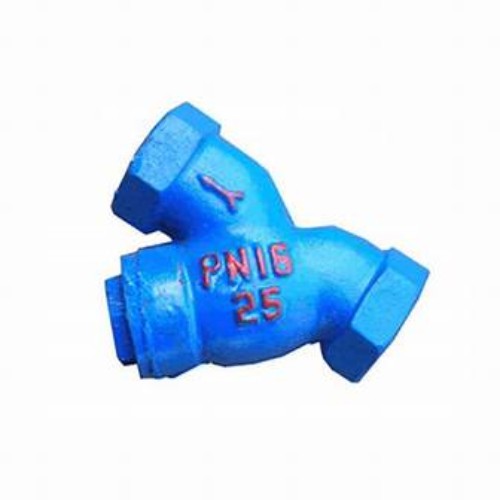Types and Variations of Flange Couplings in Mechanical Engineering Applications and Designs
Understanding Flange Coupling Types
Flange couplings are essential components in mechanical engineering, widely used to connect two shafts in various industrial applications. They provide a reliable means to transfer torque and rotational motion while allowing for some degree of misalignment. This article will explore the different types of flange couplings, their characteristics, advantages, and applications.
1. Rigid Flange Couplings
Rigid flange couplings are characterized by their solid construction and lack of flexibility. They typically consist of two flanges that are bolted together at the shaft ends. This type of coupling is designed for applications where precise alignment is essential, as they do not accommodate any shaft misalignment.
Advantages - High torque transmission capability - Minimal backlash, ensuring accurate power transfer - Suitable for heavy-duty applications
Applications - Used in machinery where shafts must remain perfectly aligned - Ideal for applications in heavy industry, such as manufacturing equipment and pumps
2. Flexible Flange Couplings
Unlike rigid couplings, flexible flange couplings allow some degree of misalignment between the shafts. They typically incorporate flexible materials such as rubber or flexible metal elements between the flanges. This flexibility helps to absorb vibrations and reduce the risk of damage to connected equipment.
Advantages - Compensate for angular, parallel, and axial misalignment - Dampen vibrations, leading to reduced wear on bearings and other components - Easier installation due to alignment tolerances
Applications - Commonly found in fan drives, conveyor systems, and other applications where some misalignment may occur
3. Disc Flange Couplings
Disc flange couplings employ metallic discs to connect the two flanges, allowing for flexibility and the ability to accommodate misalignment. These couplings are known for their high strength and stiffness.
flange coupling types

Advantages - High torque capacity with minimal weight - Suitable for high-speed applications - Excellent for reducing the torsional vibration
Applications - Widely used in the automotive industry, marine propulsion systems, and in machinery requiring high precision
4. Sleeve Flange Couplings
Sleeve flange couplings feature a hollow cylinder that fits over the two shaft ends. The flange is bolted to the respective shafts, providing a robust connection. This type of coupling can handle higher torque loads and is often used in heavy-duty applications.
Advantages - Effective for high torque applications - Simple design and ease of assembly - Can accommodate slight misalignments
Applications - Commonly used in pumps, compressors, and heavy machinery
5. Split Flange Couplings
Split flange couplings consist of two halves that can be easily assembled and disassembled without moving the connected shafts. This design ensures ease of maintenance and replacement.
Advantages - Facilitate quick inspections and repairs - Reduces downtime during maintenance - Versatile and customizable
Applications - Utilized in various applications, especially where frequent maintenance is required, such as in power plants and manufacturing setups
Conclusion
Flange couplings play a critical role in the functionality of machinery across various industries. Understanding the different types of flange couplings and their unique characteristics is essential for selecting the right coupling for specific applications. From rigid to flexible, each coupling serves its purpose, ensuring efficient power transmission while accommodating the necessary alignment and torque needs. By carefully considering factors such as installation ease, maintenance requirements, and operational demands, engineers can effectively choose the most suitable flange coupling for their applications.
-
The Key to Fluid Control: Exploring the Advantages of Ball Valves in Industrial SystemsNewsJul.09,2025
-
The Versatile World of 1, 2, and 3 Piece Ball ValvesNewsJul.09,2025
-
Stainless Steel Ball Valves: The Ideal Choice for Efficient Flow ControlNewsJul.09,2025
-
Optimizing Fluid Control with Ball Float ValvesNewsJul.09,2025
-
Manual Gate Valves: Essential for Control and EfficiencyNewsJul.09,2025
-
Everything You Need to Know About Butterfly ValvesNewsJul.09,2025
-
The Versatility of Wafer Type Butterfly ValvesNewsJul.08,2025




